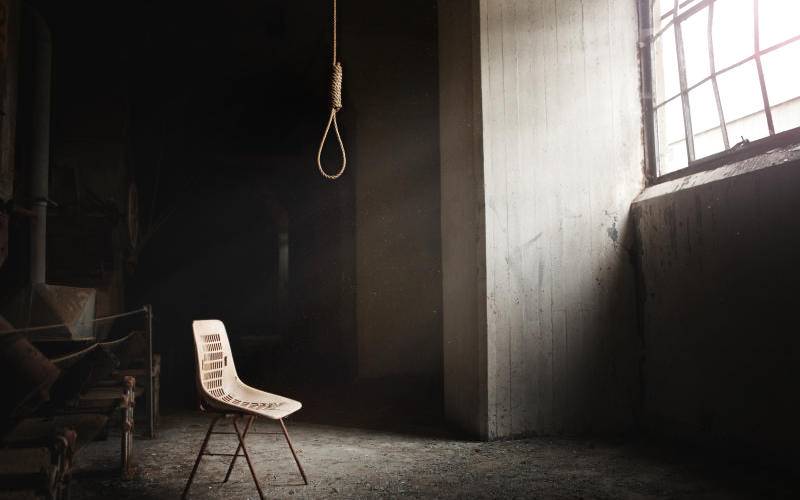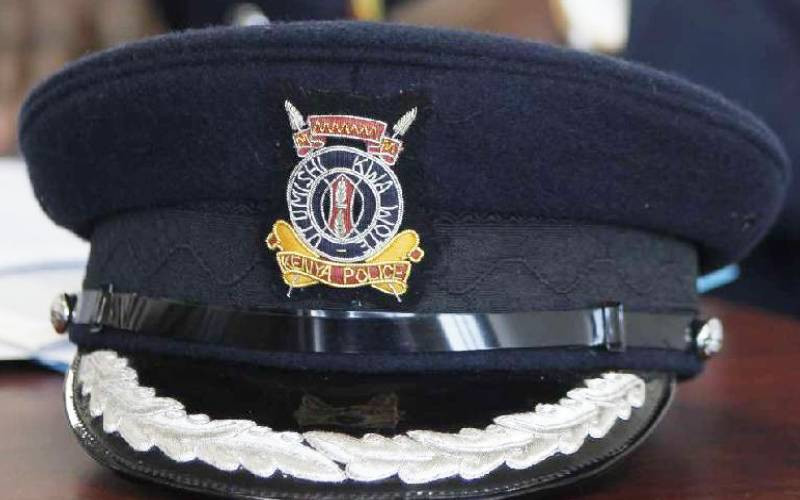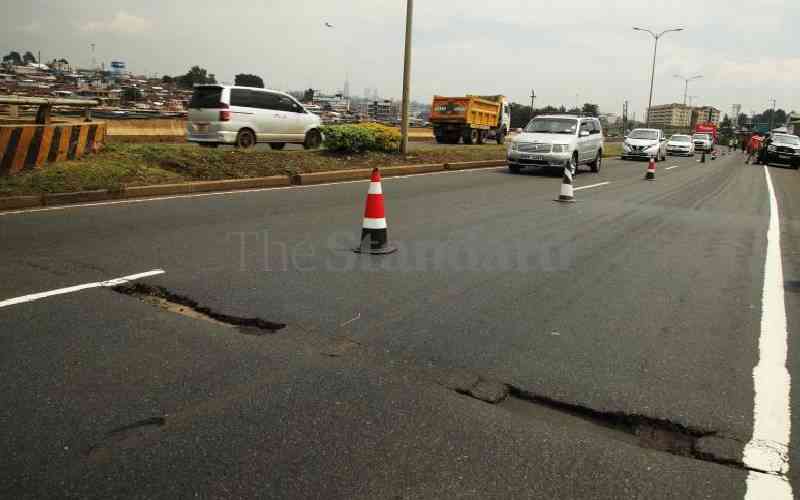
News about police suicides, attacks by police officers on colleagues and family members are on the rise. Within the first five days of January 2021, five police officers died in murder-suicide situations.
Recently, a police officer killed his wife, also a policewoman, then committed suicide. These incidences raise questions why this phenomenon is taking place; who can do something about it; and what should be done to save the lives of those who are supposed to protect Kenyans?
Among the reasons given for the spike in these homicides and suicides are issues of policing within the Kenyan context. Police officers confront trauma whenever it happens in people’s homes or public places such as the collection of dead bodies from accident scenes; processing scenes of crime and evidence, which they must internalise as they compile reports, investigate and interview victims, suspects, and witnesses. Emotional and psychological trauma is the result of extraordinarily stressful events that shatters one’s sense of security, making one feel helpless in a dangerous world. It often leaves one feeling anxious, numb and disconnected.
Other traumatic experiences that may exacerbate stress include living arrangements where different officers and families share amenities such as housing; long spells away from home; long working hours; economic distress; actual access to deadly firearms; and, frustrations against superiors in the rank and file of the service. Many officers silently suffer under bad or unfair superiors due to the real-life consequences of reporting superiors. Those who try find themselves transferred to hardship areas or may have to contend with career stagnation.
When these factors combine, they may trigger various mental and psychosocial issues that if left unaddressed, may lead to self-destructive, violent, or erratic behaviour among those affected. Over the last few years, there have been attempts to improve the housing situation and remuneration of police officers through the integration programme and improved salary.

The creation of the National Police Service Commission (NPS) was a reprieve to many officers because of the promise to independently look at police welfare, career progression and other aspects of human resource management. It created hope for fair recruitment, appointments, transfers, promotions, and disciplinary control thereby potentially bringing an end to the corruption and nepotism that had afflicted these processes.
In response to the rising cases of murder-suicides within the police, NPS has embarked on an ambitious programme to sensitise all police officers in trauma healing and psychological wellbeing. The plan is to give officers tools to sharpen trauma sensitivity to recognise it in themselves, other officers and the community; improve skills and approaches to facilitate peer support, and amplify processes that enhance the role of police stations as avenues of healing of officers and the community at large. It is hoped that these systems will facilitate an environment where officers are free with each other to share, vent, counsel each other and hopefully avoid pent up stress that bursts into destructive bouts of violence.
For this plan to succeed, reporting avenues need to be sharpened to ensure that junior officers are legally and professionally protected from abusive superiors who may be the cause of the anxiety and trauma that leave officers trapped and resorting to murder and suicide. Meanwhile, we must also acknowledge that another source of trauma to officers may be their participation or witnessing normalised violence and indignity meted against members of the public by the police.
Mr Kiprono is a Constitutional and Human Rights Lawyer. [email protected]
 The Standard Group Plc is a
multi-media organization with investments in media platforms spanning newspaper
print operations, television, radio broadcasting, digital and online services. The
Standard Group is recognized as a leading multi-media house in Kenya with a key
influence in matters of national and international interest.
The Standard Group Plc is a
multi-media organization with investments in media platforms spanning newspaper
print operations, television, radio broadcasting, digital and online services. The
Standard Group is recognized as a leading multi-media house in Kenya with a key
influence in matters of national and international interest.
 The Standard Group Plc is a
multi-media organization with investments in media platforms spanning newspaper
print operations, television, radio broadcasting, digital and online services. The
Standard Group is recognized as a leading multi-media house in Kenya with a key
influence in matters of national and international interest.
The Standard Group Plc is a
multi-media organization with investments in media platforms spanning newspaper
print operations, television, radio broadcasting, digital and online services. The
Standard Group is recognized as a leading multi-media house in Kenya with a key
influence in matters of national and international interest.









